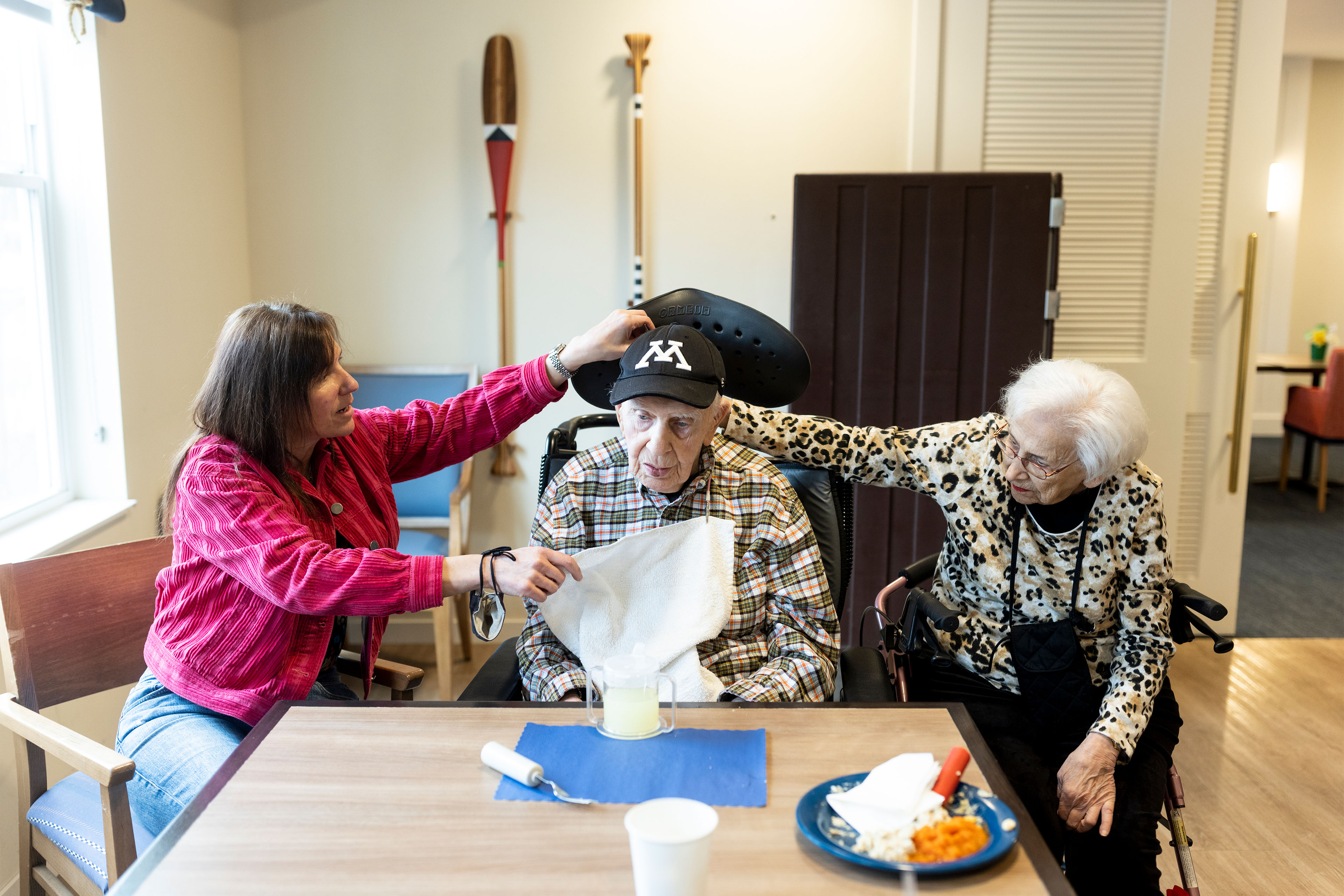Enjoy a secure and engaging environment in an Assisted Living home.
Enjoy a secure and engaging environment in an Assisted Living home.
Blog Article
Recognizing Just How Helped Living Sustains Clients With Mental Deterioration Care Requirements
Helped living facilities are increasingly recognized for their pivotal duty in addressing the complex care requirements of people with mental deterioration. By offering an organized yet supporting atmosphere, these centers not only advertise safety and well-being but likewise cultivate a sense of autonomy with customized care strategies.
Summary of Mental Deterioration Treatment
Dementia treatment is progressively vital as the occurrence of dementia-related problems increases among maturing populaces. This growing demographic pattern necessitates a comprehensive understanding of mental deterioration and the various strategies to care. Dementia encompasses a series of cognitive disabilities that hinder day-to-day live, impacting memory, reasoning, and interaction capabilities. The problem can vary dramatically in its presentation, calling for tailored treatment approaches to satisfy specific needs.
Reliable dementia care includes a multidisciplinary strategy, including medical, psychological, and social assistance. Medical care specialists, caretakers, and relative have to team up to develop a caring setting that advertises the wellness of people with dementia. Key elements of dementia treatment consist of individualized treatment plans, cognitive stimulation therapies, and behavior treatments targeted at improving high quality of life.
Additionally, it is necessary to recognize the emotional and emotional obstacles encountered by both individuals and caretakers. Education and learning and training for caregivers play a critical role in fostering understanding and compassion, consequently enhancing interactions with those affected by dementia. As the need for mental deterioration treatment proceeds to increase, the focus must remain on delivering compassionate, person-centered care that respects the self-respect and preferences of individuals coping with this condition.
(Charlotte Alzheimer's Care)
Function of Assisted Living Facilities
Aided living facilities play an important function in giving treatment for individuals with dementia, providing a supportive environment that balances freedom with the necessary support. These centers are created to accommodate the distinct needs of residents, promoting a feeling of neighborhood while making sure security and wellness.
In an assisted living setting, experienced employee offer 24/7 support, aiding with day-to-day activities such as bathing, clothing, and medication management. This degree of care is crucial for people with mental deterioration, who might fight with these jobs due to cognitive decrease. Furthermore, facilities often include memory-enhancing programs and social tasks tailored to boost cognitive functioning and urge social interaction.
The physical setting of assisted living centers is also maximized for safety, including protected entries, well-lit paths, and clear signage to aid locals navigate their environments. These communities cultivate a feeling of belonging, minimizing the feelings of seclusion that individuals with dementia might experience.
Personalized Treatment Program
To make sure that each resident receives one of the most suitable treatment, individualized treatment strategies are necessary in assisted living facilities for individuals with dementia. These plans are tailored to satisfy the special requirements, choices, and obstacles dealt with by each local, advertising their dignity and high quality of life.
The advancement of an individualized treatment strategy typically starts with a thorough analysis carried out by healthcare experts. Assisted Living. This assessment evaluates the individual's cognitive abilities, physical health and wellness, psychological wellness, and social choices. Input from member of the family and the resident themselves is critical, as it gives valuable insights into their history, routines, and personal rate of interests
As soon as the analysis is complete, a multidisciplinary team works together to create a care strategy that details particular goals and interventions. This may include medication monitoring, daily living help, and behavior techniques customized to reduce anxiety or anxiety.
Regular reviews and updates to the treatment strategy ensure it remains relevant as the person's condition evolves. Assisted Living. By prioritizing individualized treatment, assisted living facilities can enhance the total wellness of locals with dementia, fostering a setting that appreciates their originality while addressing their treatment needs properly
Engaging Tasks and Socialization
Involving tasks and socializing play a crucial role in enhancing the lifestyle for residents with mental deterioration in assisted living facilities. These activities are made to promote cognitive feature, advertise emotional well-being, and foster links amongst locals. Structured programs, such as art therapy, songs sessions, and reminiscence therapy, provide opportunities for people to reveal themselves creatively while also triggering favorable memories.
Socialization i thought about this is equally crucial, as it battles sensations of isolation and isolation that can come with mental deterioration. Team activities, consisting of video games, group trips, and communal eating, urge interaction and help residents develop encouraging connections with peers and caregivers. This sense of community not only improves their daily experiences yet additionally adds to a more stable emotional environment.
Additionally, engaging activities can be tailored to private choices and cognitive degrees, ensuring that each homeowner can get involved meaningfully. By creating an environment that prioritizes involvement and social interaction, assisted living centers can considerably improve residents' overall psychological health and wellness, fostering a feeling of purpose and belonging. Eventually, these initiatives are vital parts of comprehensive mental deterioration care, substantially affecting locals' general well-being and joy.
Advantages of Community Assistance

In addition, area assistance promotes social communication, which is vital for cognitive and emotional health and wellness. Involving with peers and getting involved in group tasks can enhance state of mind and urge memory, adding to a higher feeling of belonging. This social interaction is crucial, as isolation and isolation can aggravate cognitive decrease.

(Dementia Care Charlotte)
Verdict
In conclusion, assisted living facilities offer as vital environments for people with mental deterioration, offering organized assistance that cultivates both independence and security. The execution of customized treatment plans makes certain that each local's distinct requirements are fulfilled, while involving activities promote social communication and cognitive involvement.
Report this page